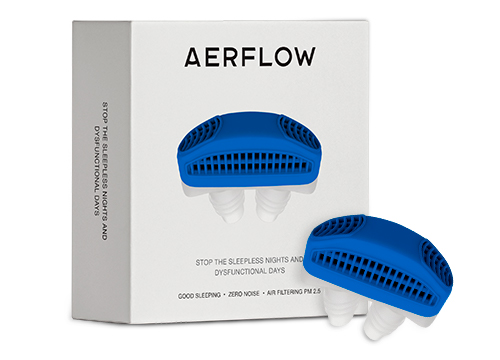Managing Anxiety Naturally: Effective Coping Strategies
Feeling overwhelmed by constant worry? You’re not alone. Millions struggle with anxiety, searching for ways to manage it naturally. This guide provides evidence-based strategies to help you reclaim your peace of mind without relying solely on medication.
Understanding the Anxiety Experience
Anxiety is a complex condition characterized by excessive worry, fear, and unease. It can manifest in various ways, from mild nervousness to debilitating panic attacks. The impact on daily life is significant, affecting work, relationships, and overall well-being. Many individuals are hesitant to seek professional help, hoping to manage their anxiety naturally.
The Prevalence and Impact of Anxiety
According to the Anxiety & Depression Association of America (ADAA), anxiety disorders affect 40 million adults in the United States aged 18 and older, nearly 18% of the U.S. population.1 This staggering statistic highlights the urgent need for effective and accessible management strategies. The National Institute of Mental Health (NIMH) also underscores the significant burden of anxiety disorders, noting their association with impaired functioning, reduced quality of life, and increased risk of other health problems.2
1Anxiety & Depression Association of America
2National Institute of Mental Health
Sarah’s Story: Finding Natural Relief
Sarah, a 32-year-old marketing executive, found herself constantly stressed and anxious. Deadlines, client meetings, and the pressure to perform left her feeling overwhelmed. She initially tried to manage her anxiety with coffee and late nights, but this only worsened her symptoms. After researching natural anxiety relief methods, she began incorporating mindfulness and regular exercise into her routine, significantly improving her anxiety levels and overall quality of life.
Natural Strategies for Anxiety Management
Mindfulness and Meditation
Mindfulness techniques, such as meditation, focus on being present in the moment without judgment. Studies suggest that regular mindfulness practice can reduce anxiety symptoms by promoting relaxation and emotional regulation. Start with short sessions (5-10 minutes) and gradually increase the duration as you become more comfortable.
Regular Exercise
Physical activity is a powerful tool for managing anxiety. Exercise releases endorphins, which have mood-boosting effects. Aim for at least 30 minutes of moderate-intensity exercise most days of the week. This could include brisk walking, jogging, swimming, or cycling.
Dietary Changes
Certain foods and beverages can trigger or worsen anxiety symptoms. Limit your intake of caffeine, alcohol, and processed foods. Instead, focus on a balanced diet rich in fruits, vegetables, and whole grains. Consider adding foods high in magnesium, such as dark leafy greens and nuts, as magnesium plays a role in regulating stress hormones.
- Prioritize sleep: Aim for 7-9 hours of quality sleep each night.
- Limit screen time: Reduce exposure to electronic devices before bed.
- Practice relaxation techniques: Deep breathing exercises, progressive muscle relaxation, and yoga can help reduce anxiety.
Debunking Anxiety Myths
Myth 1: Anxiety is a sign of weakness.
False. Anxiety is a common mental health condition affecting millions. It’s not a reflection of personal weakness, but rather a response to stress and various internal and external factors.
Myth 2: You can simply “snap out of it.”
False. Anxiety is a complex condition requiring a multifaceted approach to management. While positive thinking is helpful, it’s not a cure-all.
Myth 3: Natural remedies aren’t effective.
False. Many natural methods, when practiced consistently, can significantly reduce anxiety symptoms and improve overall well-being.
Embracing a Calmer You
Managing anxiety naturally is a journey, not a destination. Be patient with yourself, celebrate your progress, and don’t hesitate to seek professional support if needed. By incorporating these strategies into your daily routine, you can take control of your anxiety and cultivate a more peaceful and fulfilling life.
Remember, you are not alone, and help is available. Start small, be consistent, and focus on building healthier coping mechanisms. Your journey towards a calmer, more resilient you starts today.





